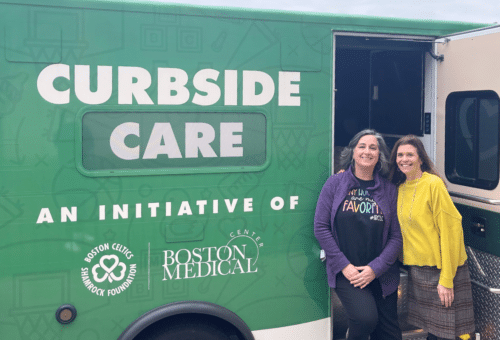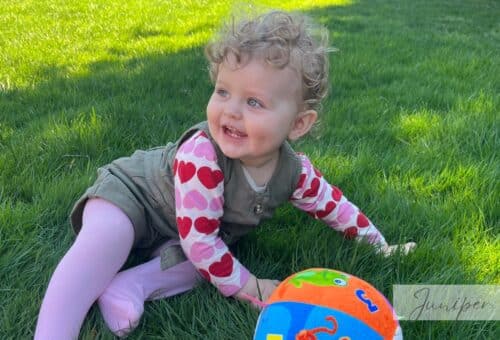
Necrotizing enterocolitis – an illness as complex as it is devastating . . .
With most of our donor milk going to premature and medically fragile babies being cared for in the NICU, necrotizing enterocolitis (NEC) is an illness that’s constantly at the forefront of our minds.
A complex intestinal condition, NEC primarily affects premature and very low birth weight infants. Every year in the US, thousands of babies develop NEC. While many babies fully recover, survivors are at high risk of serious short and long-term complications, including neurodevelopmental impairment. Tragically, many others die. In fact, current studies show that NEC is the most common cause of death among pre-term babies after two weeks of age.
Research indicates that an exclusive human milk diet can reduce the occurrence of NEC by 75%. Today, prevention of this disease is a key element of care in neonatal intensive care units (NICUs) across the country. Therefore, over 80% of NICUs nationwide have human donor milk largely from accredited nonprofit milk banks, as the standard of care for very preterm babies, if a mother’s own milk is not available.
In light of May being NEC Awareness Month, we’re honored to share an article written by Jennifer Canvasser, founder, and executive director of the NEC Society. Since tragically losing her son Micah to this devastating illness, Jennifer has been fighting to build a world without NEC . . .
Building a world without NEC – Jennifer’s story and vision . . .
After developing necrotizing enterocolitis (NEC), my son Micah developed end-stage renal disease and received 211 units of blood. Micah would need a kidney transplant to survive, so I organized a team of 13 direct blood donors to optimize Micah’s ability to thrive after his transplant. He received a blood transfusion during every one of his hemodialysis runs.
Micah’s care team explained that the benefits of Micah receiving someone else’s blood outweighed any potential risks. Throughout Micah’s hospitalization, our family witnessed the lifesaving power of blood transfusions. Blood is a profound gift from the heart that touches the heart.
Micah and his twin were born three months prematurely. As I read all I could about NICU babies, I learned that human milk is a lifesaving intervention for premature infants. After Micah developed NEC, I learned that pasteurized donor milk is the next safest option when mother’s milk is unavailable. Yet, at the time, my NICU did not provide access to donor milk. Many NICUs still do not provide donor milk to infants in need, and access is even more limited in communities that have been historically marginalized.
We must prioritize donor milk like we prioritize donor blood . . .
Blood transfusions are routinely provided to premature infants in need. Thankfully, barriers to blood transfusions in the NICU are essentially nonexistent. Donor blood is valued and prioritized as the lifesaving intervention that it is. Yet, equitable access to donor milk is not sufficiently valued or prioritized. This must change.
Some of the most dogged barriers that continue to thwart equitable access to donor milk include:
- Lack of full disclosure to families
- Inadequate value of donor milk as a potentially lifesaving intervention
- Biases, as well as rigid policies and mindsets
- Insufficient coverage, despite the cost benefits
When I gave birth three months prematurely, I sat in the recovery area after my cesarean and begged for a breast pump. I had never even seen a breast pump. I just instinctively knew I had to start making milk for my twins, but I was told I needed to wait until I got to my private room.
Hours later, I began the routine of pumping for 20 minutes every two hours around the clock. I didn’t make a single drop of milk for over 24 hours. Our care team explained that if my milk didn’t come in, my babies would receive formula. No one told me about pasteurized donor milk. My twins had access to donor blood but not donor milk, even though both interventions can be lifesaving for preemies . . .
100oz – that’s all it takes to become a milk donor. Ready to share the lifesaving gift of human milk with babies in need? Learn more here.








